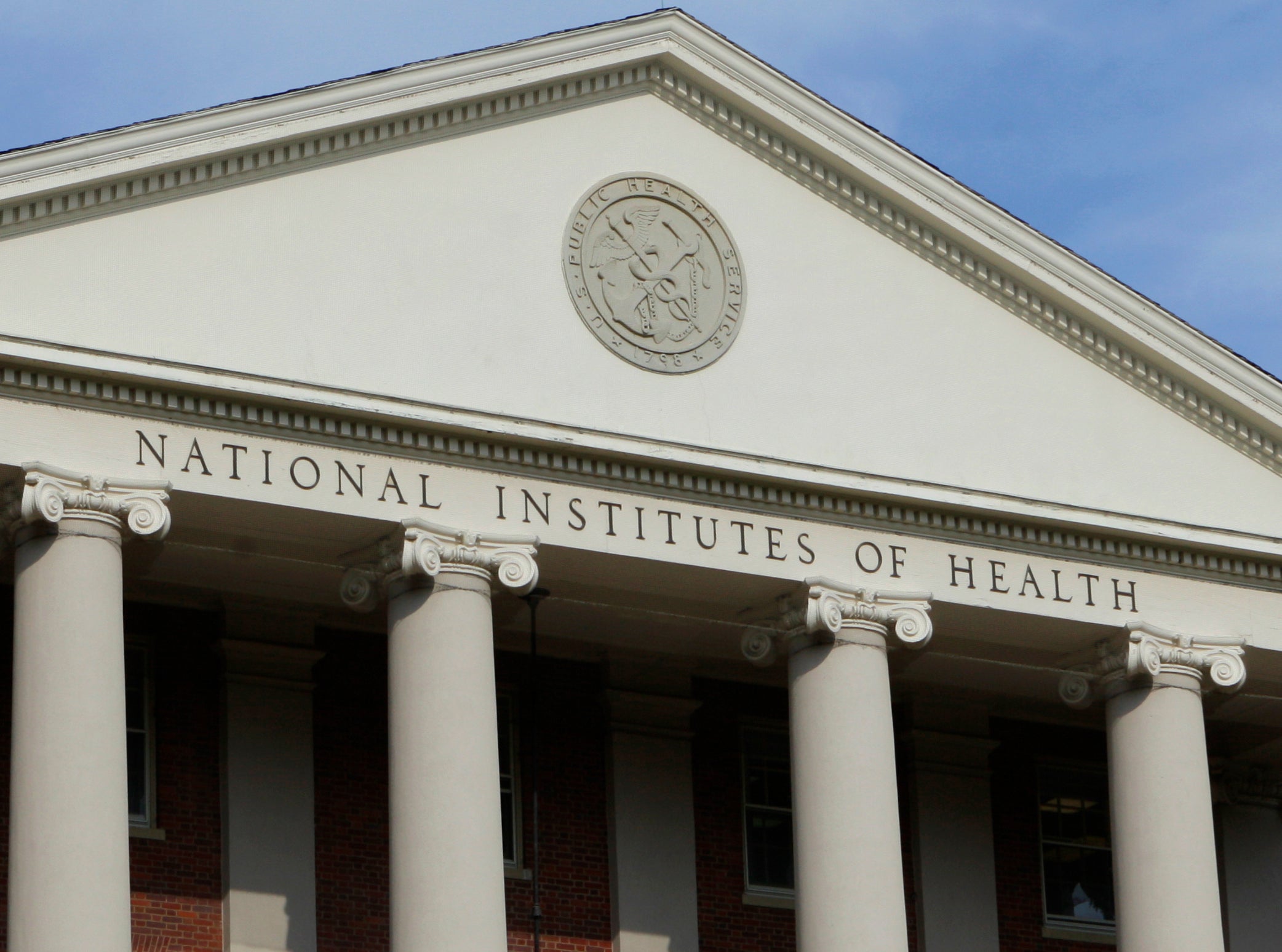Retired research chimps to be moved from New Mexico to a Louisiana sanctuary
Nearly two dozen retired research chimpanzees will be relocated from New Mexico to a sanctuary in Louisiana

The National Institutes of Health decided to relocate nearly two dozen retired research chimpanzees from a facility in New Mexico to a sanctuary in Louisiana, a move celebrated Friday by animal advocates who have been fighting for years to get the animals moved.
NIH representatives confirmed in an email that the transfer of the 23 chimps from the Alamogordo Primate Facility at Holloman Air Force Base in southern New Mexico will happen in the coming months.
Staffing issues, namely the planned retirement of the chimps' caretakers, prompted the decision to move the chimps, the agency stated. The animals have not been used as test subjects since 2015, when the NIH retired chimpanzees — humans’ closest relatives — from invasive research.
More than 200 were previously moved to the federally supported sanctuary, but the NIH said it was decided in 2019 that some were too frail to be relocated due to their health conditions. They remained at the base under the care of contracted veterinarians and caregivers.
The contractor informed the NIH that a significant number of staff were expected to retire by July 2025.
“Recruitment and training of new staff has proven difficult due to the specialized nature of the work and APF’s remote location," the NIH statement said. "Given this uncertainty, NIH has determined that the best course of action for the welfare of all these chimpanzees is to relocate them to the federal sanctuary at Chimp Haven.”
Agency spokesperson Amanda Fine said relocating chimpanzees is a complex, time-consuming process and that Chimp Haven will work with the NIH and the facility in Alamogordo to ensure the health and safety of each animal during the move.
The Humane Society of the United States is among the groups that have been sending letters to and petitioning the NIH over the years to relocate the last of the Alamogordo chimps.
The Humane Society of the United States, Animal Protection New Mexico, Humane Society Legislative Fund and three individual plaintiffs sued the NIH in 2021. A federal judge issued a ruling the next year, finding that the NIH could not legally refuse sanctuary retirement for the chimpanzees because of their chronic health conditions.
“We believe that the extraordinary amount of pressure that has been put on NIH to move them to Chimp Haven -- including the engagement of thousands of our supporters who demanded that the chimps be moved and our winning lawsuit — played a major role in the decision to finally move them to sanctuary,” the group said.
The chimps — which range in age from 34 to 62 years old — could have years ahead of them to enjoy life at the sanctuary, advocates said. The sanctuary has cared for hundreds of chimps since the first two animals arrived there in 2005. That includes 214 that were sent there from NIH-supported facilities following the agency's 2015 decision.
Chimp Haven President and CEO Rana Smith said in a statement issued Friday that the sanctuary is prepared to welcome the first arrivals from New Mexico in early 2025. With Chimp Haven close to capacity, Smith said it will have to build additional living spaces to accommodate the group.
The expansion is expected to cost at least $4 million, which will have to be raised from private supporters.
“There are many details to be determined in the weeks to come, but for now, we celebrate this wonderful news for the APF chimps,” Smith said. “They are on their way to a well-deserved retirement at sanctuary, and we cannot wait to welcome them home.”